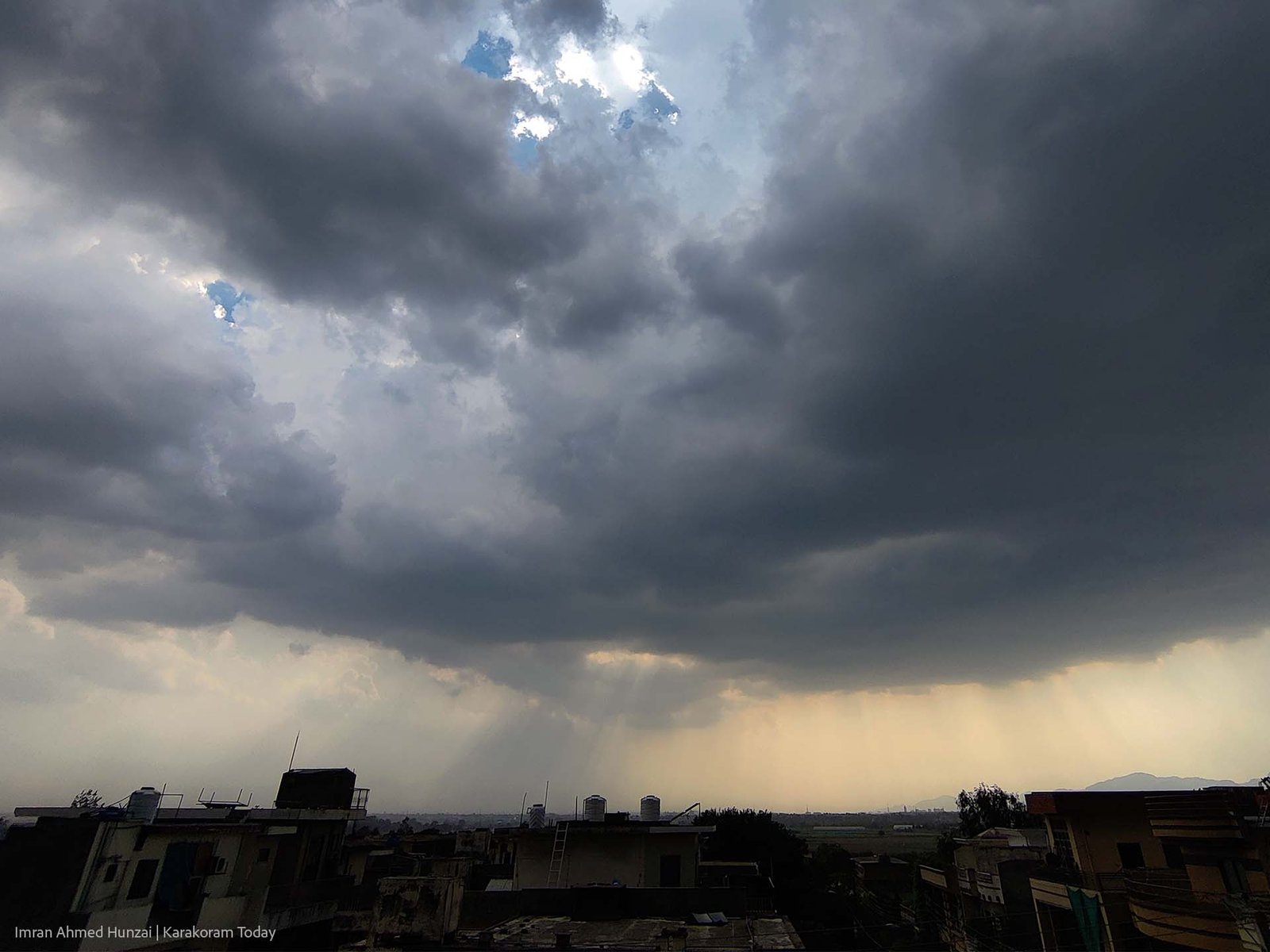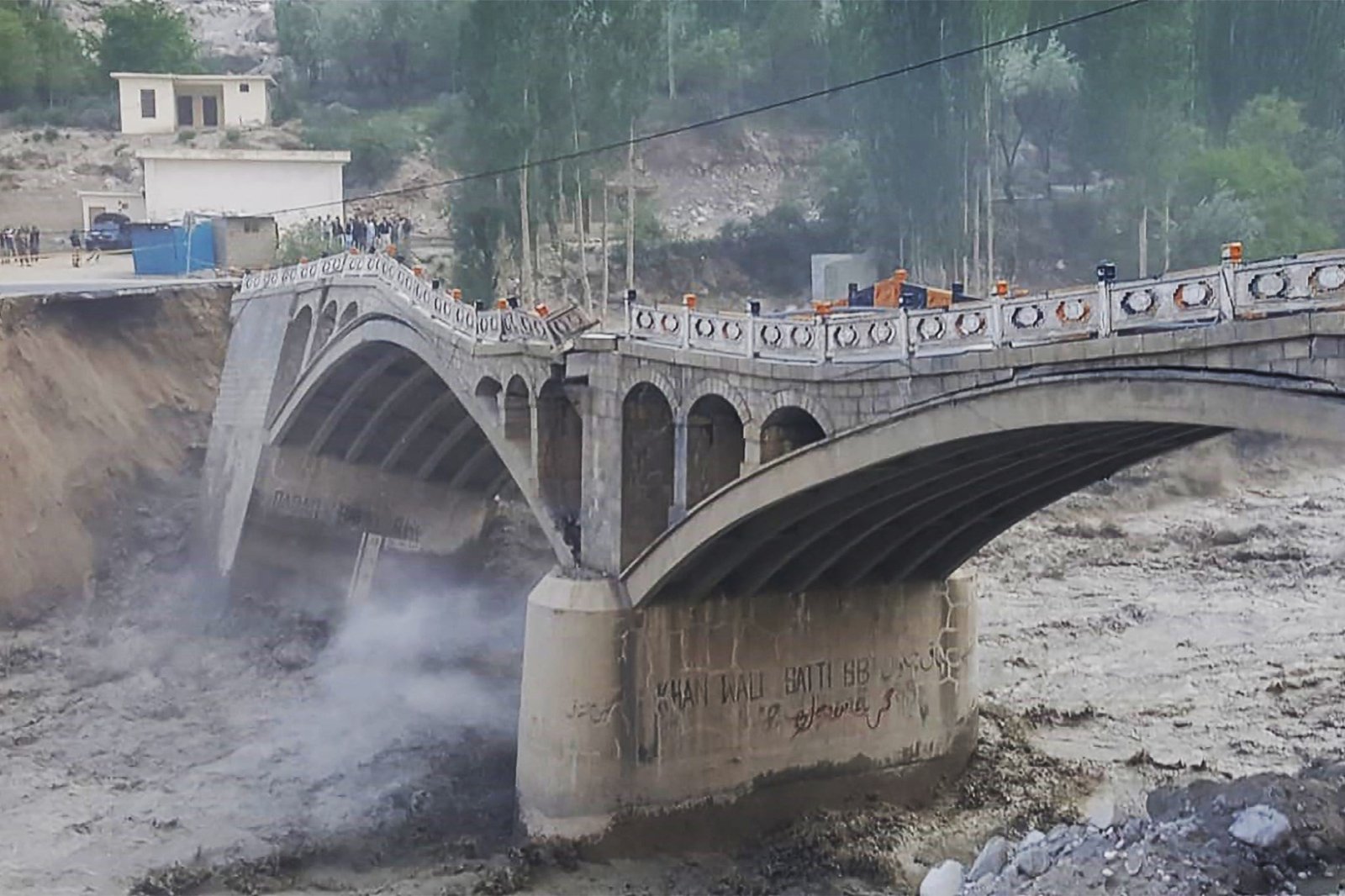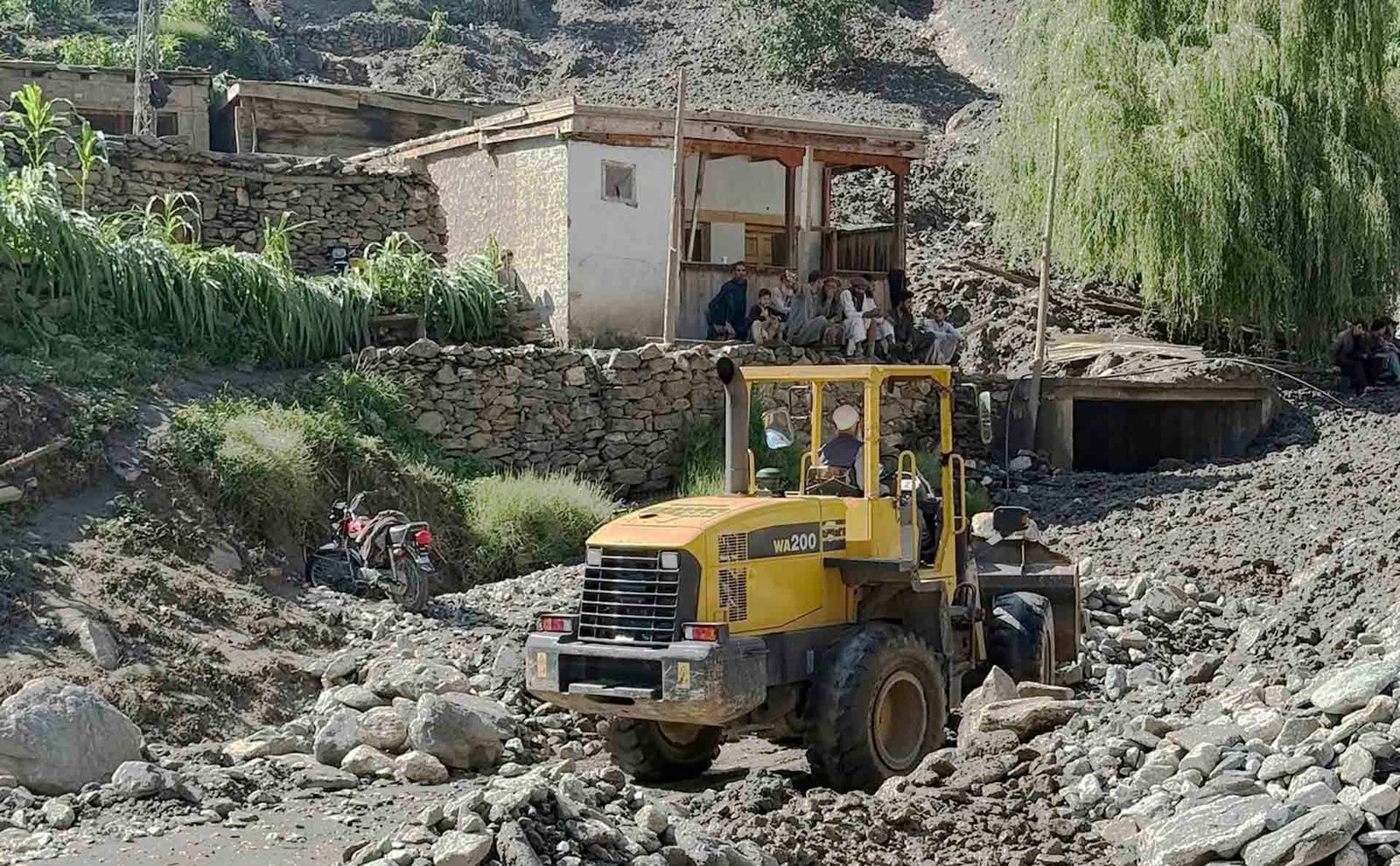Pakistan witnessed a sharp increase in rainfall during the month of July 2025, with national averages showing 36 percent more rain than usual. This unusual weather pattern has caused widespread flooding across the country, with several areas of Gilgit-Baltistan among the worst affected.
In Gilgit-Baltistan, heavy rains led to flash floods, landslides, and damage to homes, roads, and bridges. Villages in districts like Diamer, Astore, and Ghizer faced severe flooding, cutting off access to remote communities and making relief work more difficult. Many families have lost their homes and livestock, while some areas are still waiting for rescue teams and emergency supplies.
According to reports from the Pakistan Meteorological Department, this rise in rainfall is one of the highest recorded in recent years. Experts believe that changes in global weather patterns and the ongoing effects of climate change are making the monsoon season more unpredictable and intense.
Rescue operations have been carried out by the Pakistan Army, local authorities, and volunteers to help people stranded in flood-hit areas. Helicopters and boats have been used in places where roads are completely blocked. Temporary shelters have been set up for displaced families, but in many areas, the number of affected people is higher than the resources available.
In Gilgit-Baltistan, the already fragile infrastructure has made the situation worse. Several roads, including parts of the Karakoram Highway and link roads in Skardu and Chilas, have been damaged or washed away. This has not only stopped emergency aid from reaching the people in time but also caused problems for tourists and transporters.
The government of Pakistan has announced emergency funds and relief packages for the affected regions. The Prime Minister also visited some of the damaged areas to review the situation and promised full support for rehabilitation and rebuilding efforts. In Gilgit-Baltistan, local officials have requested urgent help from both federal agencies and non-governmental organizations.
Environmental experts are calling for better planning, stronger early warning systems, and long-term investment in climate resilience. In mountain regions like Gilgit-Baltistan, where glaciers, rivers, and rainfall all play a role, such heavy rains can quickly turn into natural disasters.
The people of Gilgit-Baltistan, while used to tough conditions, are now facing one of the most difficult monsoon seasons in recent memory. The coming weeks will be important not only for providing relief but also for planning how to reduce the impact of such disasters in the future.
Discover more from Karakoram Today
Subscribe to get the latest posts sent to your email.



